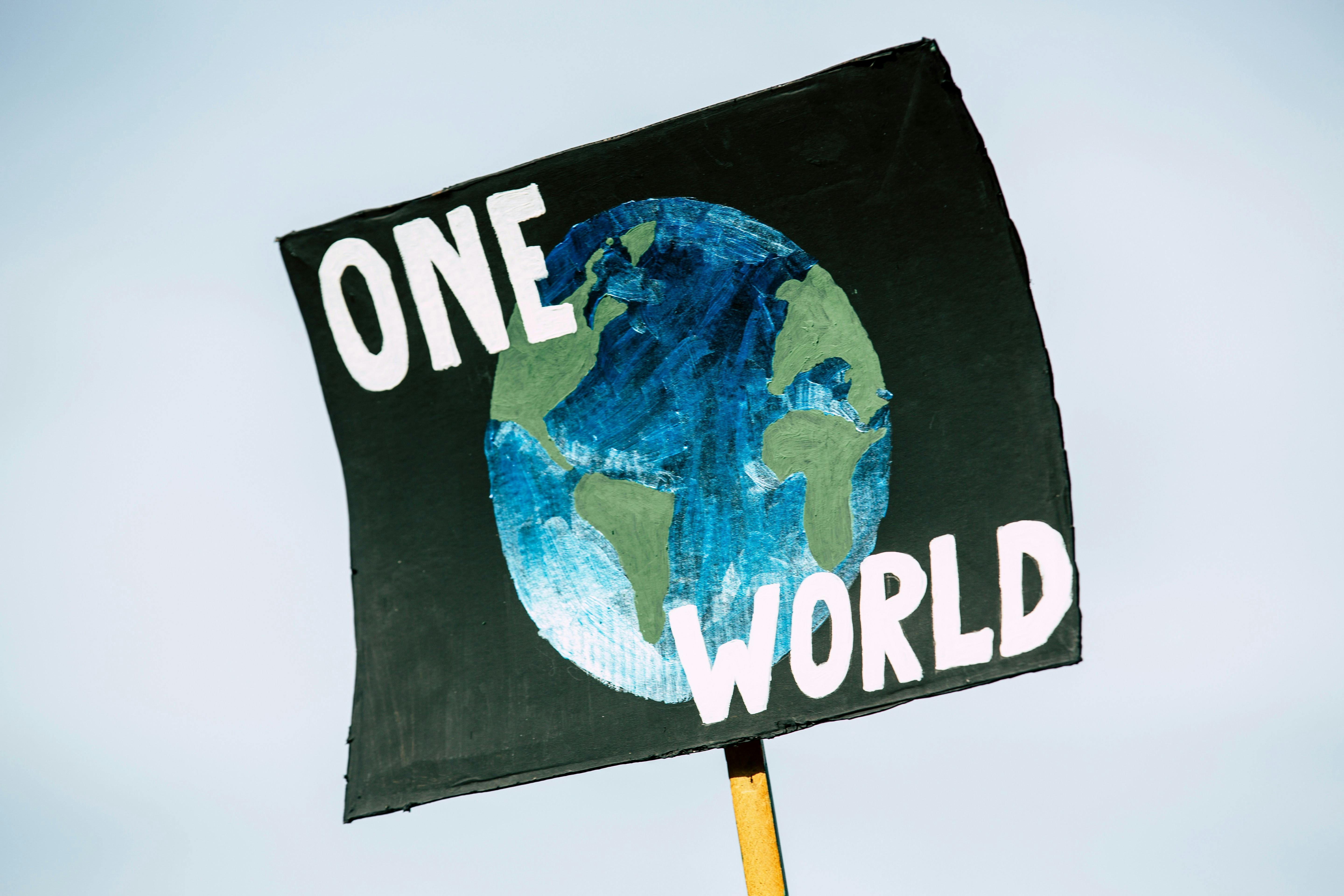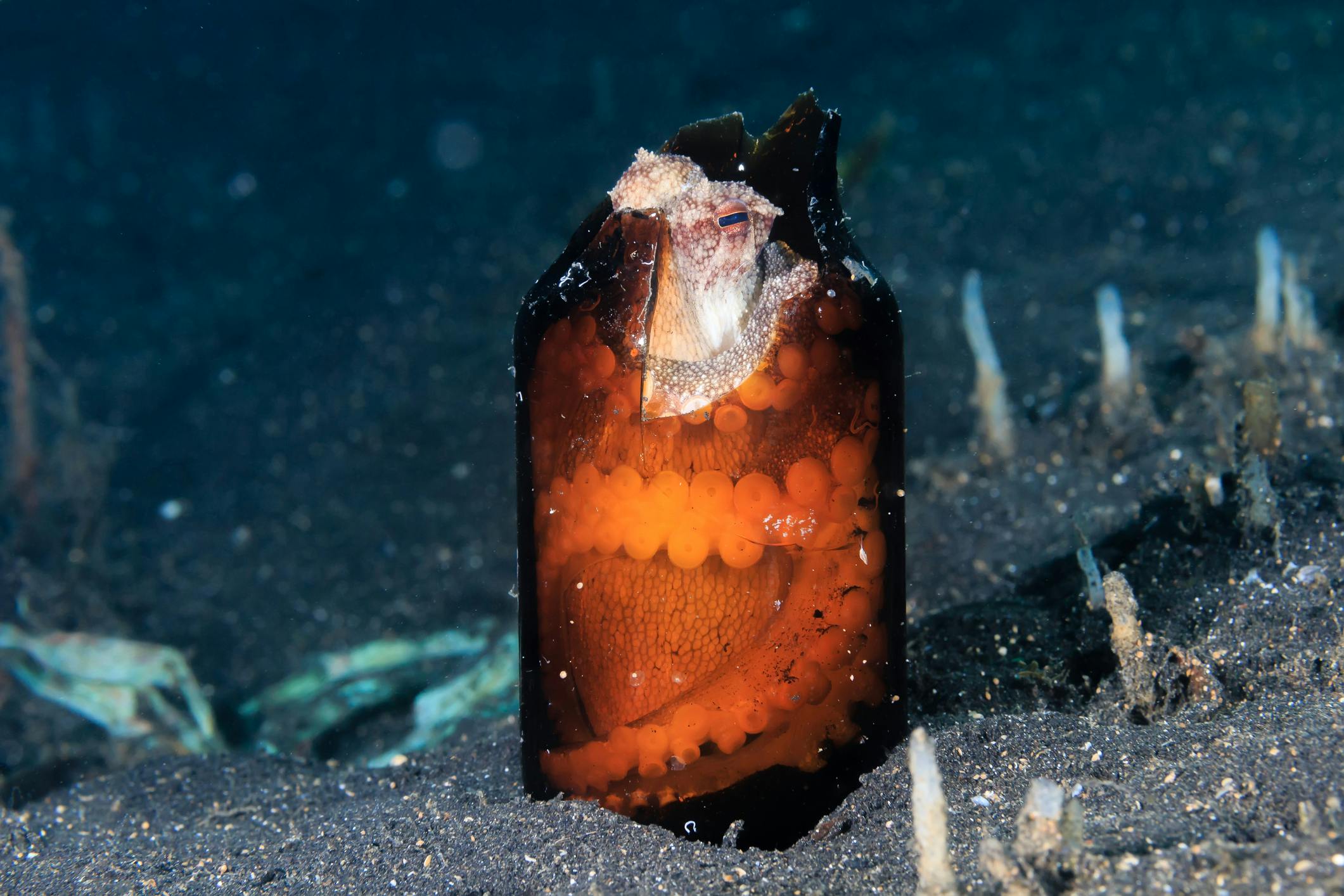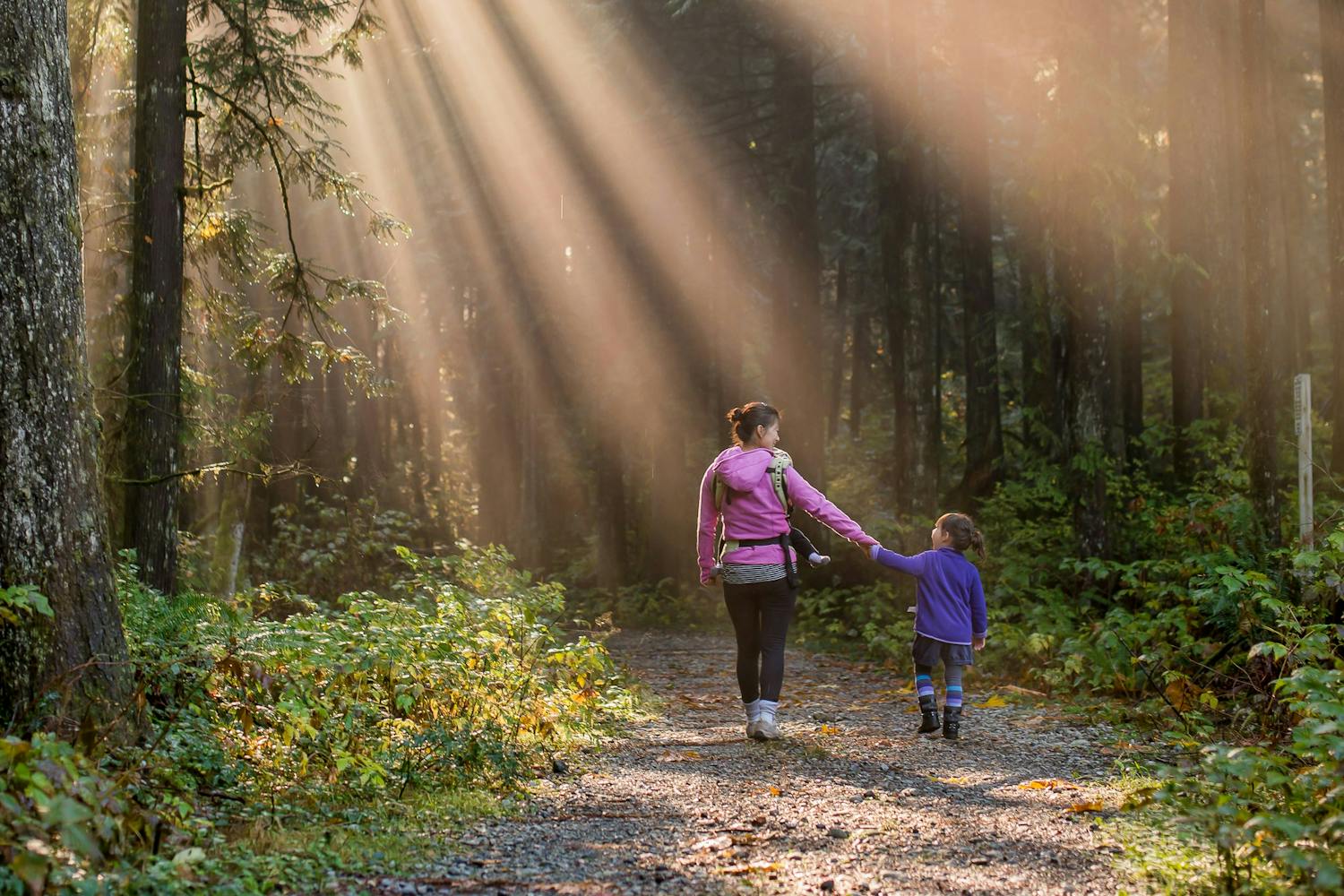Free Shipping on orders of $49+ | Signup for Direct Rewards
Free Shipping on orders of $49+ | Free Store Pickup | Signup for Direct Rewards
Free Shipping on orders of $49+ | Signup for Direct Rewards
Free Shipping on orders of $49+ | Free Store Pickup | Signup for Direct Rewards

It’s a movement that has inspired millions worldwide to take action for our planet. From its humble beginnings to its current day global recognition, Earth Day serves as a powerful reminder of the strength in unity toward a common goal. With currently more than 1 billion global participants, Earth Day is celebrated yearly to acknowledge environmental progress and spread awareness about protecting our planet for future generations. It all started on April 22, 1970; let's look back at the origins, achievements, celebrations, and influences of this monumental day dedicated to Mother Earth.
In the early 1970s, a wave of environmental awareness swept across the United States due to the Santa Barbara oil spill. At the time, the Senator of Wisconsin, Gaylord Nelson, was inspired by the student anti-war movement and wanted to raise awareness about environmental issues. He had announced the idea for a teach-in on college campuses.
Soon after, Senator Nelson recruited Denis Hayes. Hayes, a young activist, dropped out of Harvard to organize a national event to raise awareness of environmental issues on college campuses. With a national staff of 85 people, the goal was to unify all the activist groups, like wildlife, pollution, and pesticides. Yet, various organizations, faith groups, and others joined the movement as well for they resonated with the message. On April 22, 1970, 20 million people took to the streets in protest against pollution and exploitation of natural resources, marking the very first Earth Day.
The significance of Earth Day brought swift legislative action, leading to the creation of the Environmental Protection Agency (EPA) and environmental laws like the Clean Air Act and Clean Water Act. This pivotal moment marked a turning point in history as people united for a common cause – protecting our planet for future generations.

Every year on April 22nd, people around the world come together to celebrate Earth Day with a variety of activities and events. From tree-planting initiatives in local communities to beach clean-ups along coastlines, there are countless ways to participate in this global movement.

In cities like New York City, Earth Day is honored with large-scale festivals featuring live music, eco-friendly vendors, and educational workshops on sustainability practices. In countries like India, volunteers organize massive recycling drives and awareness campaigns to promote environmental conservation. Schools often hold special assemblies where students learn about the importance of reducing waste and protecting natural habitats. Businesses, like Divers Direct, also join in by organizing corporate volunteer days or implementing green initiatives.
Whether participating in a climate march or attending a scuba dive cleanup, individuals worldwide show their dedication to preserving our planet on Earth Day. It's a time for unity and action towards a more sustainable future for generations to come. See what local Earth Day events are happening in your area, discover how you can contribute, and be a part of positive change in your community.
We may often think of trees, but we can’t forget the sea, and it’s no secret that scuba diving has a special place in our hearts. Scuba diving and marine conservation have played a significant role in shaping Earth Day into what it is today. By exploring the underwater world, divers witness firsthand the beauty of our oceans but also the devastating effects of pollution and climate change. This awareness has inspired many to become advocates for marine conservation and sustainability.
Through initiatives such as beach clean-ups, coral reef restoration projects, and advocating for policies to protect marine life, scuba divers have made a lasting impact on Earth Day. After all, the ocean is 71% of the Earth. Divers’ dedication to preserving our ecosystems highlights the importance of taking action to protect our planet.

Earth Day has made a significant impact on raising awareness about environmental issues globally. Since its creation in 1970, Earth Day has inspired millions of individuals to take action and make positive changes for the planet. From promoting recycling initiatives to advocating for wildlife conservation, Earth Day continues to drive meaningful change.

One of the key achievements of Earth Day is the establishment of various environmental protection laws and policies around the world. These regulations have helped in preserving natural habitats, reducing pollution levels, and safeguarding endangered species.
Through grassroots movements and community-driven projects, Earth Day has empowered people from all walks of life to contribute towards a sustainable future. By participating in clean-up campaigns, tree-planting activities, and educational programs, individuals can actively make a positive difference for the environment — and you can too!
Earth Day invites each of us to step up and make a difference in our everyday routines. Let's keep the Earth Day spirit alive every day by being mindful of our actions and actively working to protect our planet for ourselves and those yet to come. Together, we can make a difference in creating a more sustainable and environmentally conscious world for future generations.
Happy Earth Day!
Is it Earth Day or Earth Month?
Earth Day is a specific day, celebrated on April 22nd each year, while Earth Month encompasses the entire month of April, providing an extended period for environmental awareness and action.
What is Earth Day?
Earth Day is an annual event celebrated worldwide on April 22nd to demonstrate support for environmental protection. It serves as a reminder of the importance of preserving our planet's natural resources and biodiversity.
What is the significance of Earth Month?
Earth Month serves as a platform to educate individuals and communities about the importance of protecting the environment, inspiring action, and advocating for policies that promote sustainability.
How can I participate in Earth Day activities?
There are many ways to get involved in Earth Day activities, such as joining community clean-up efforts, planting trees, attending environmental workshops or lectures, participating in recycling programs, or organizing eco-friendly events in your area.
Why is it important to protect the environment?
Protecting the environment is crucial for safeguarding the health and well-being of current and future generations, preserving biodiversity, mitigating climate change, ensuring access to clean air and water, and maintaining the balance of ecosystems that sustain life on Earth.
How did Earth Month start?
Earth Month originated from the success of the first Earth Day celebrated on April 22, 1970, which led to the expansion of environmental activism over the entire month.